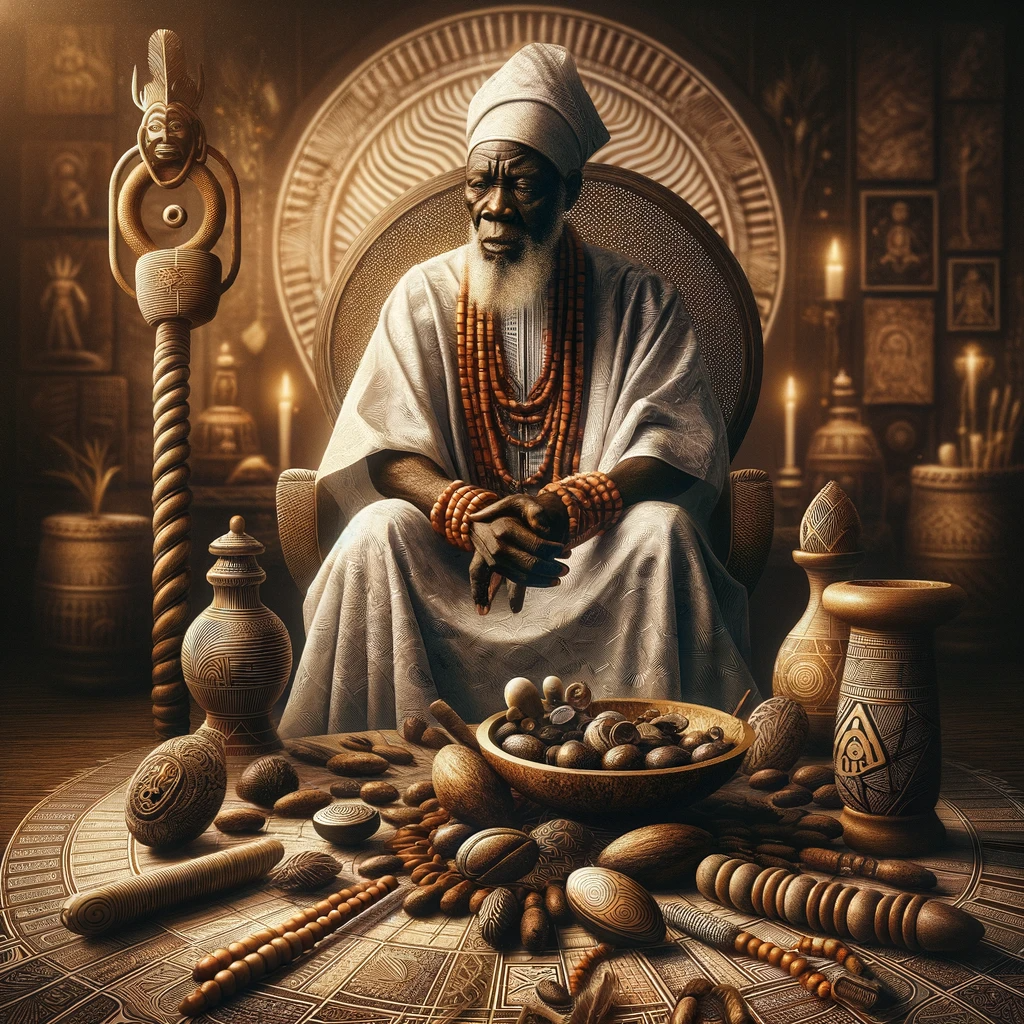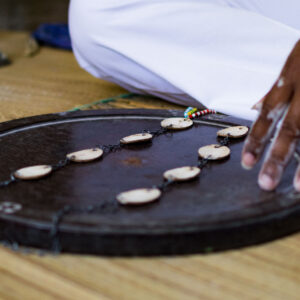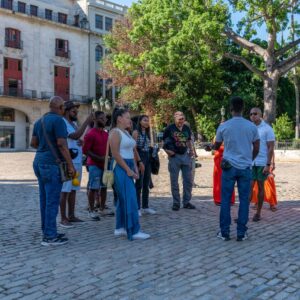
Origins and Foundations
Ifá finds its roots in the wisdom of Orunmila, a revered deity in the Yoruba pantheon known as the Orishas. Orunmila is acknowledged as the Orisha of wisdom, knowledge, and divination, and it is through him that the corpus of Ifá knowledge was revealed. The sacred texts of Ifá, known as the Odus, contain a vast repository of verses, proverbs, and stories that form the basis of the spiritual system.
Divination: The Heart of Ifá
Central to Ifá practice is the art of divination, a process through which Babalawos, the trained priests of Ifá, interpret messages from the Orishas. The divination process involves casting divining tools, such as the sacred palm nuts (ikin), to generate specific patterns known as odu. Each odu has its own set of verses and proverbs that offer insights into the past, present, and future.
The wisdom imparted through divination is not deterministic but rather serves as a guide for individuals to make informed choices and navigate life’s complexities. Ifá emphasizes the importance of personal responsibility and ethical conduct, fostering a sense of accountability within the community.
Ethical Framework and Moral Guidance
Ifá teachings extend beyond divination, encompassing a comprehensive ethical framework encapsulated in proverbs and verses. The concept of “ìwà pẹ̀lú àyé,” meaning good character in the world, underscores the importance of leading a virtuous life and treating others with respect and compassion. Ifá provides a moral compass, emphasizing principles such as honesty, integrity, and communal harmony.
Cultural Identity and Linguistic Preservation
Ifá is not only a spiritual system but also a cultural touchstone that reinforces the identity of the Yoruba people. The language of Ifá, embedded in its chants, incantations, and proverbs, plays a vital role in preserving the Yoruba language. As Babalawos pass down their knowledge to future generations, they contribute to the continuity of the Yoruba linguistic heritage.
Ifá in the Modern World
In the face of contemporary challenges, Ifá has adapted to the evolving landscape. While traditional ceremonies and rituals continue to be integral, initiatives such as educational programs, books, and online platforms seek to make Ifá wisdom accessible to a global audience. This adaptability underscores the resilience of Ifá in maintaining its relevance in a changing world.
In conclusion, Ifá stands as a beacon of wisdom and guidance, illuminating the spiritual and cultural landscape of the Yoruba people. Its timeless teachings, rooted in the rich tapestry of Yoruba traditions, offer not only a pathway to understanding the divine but also a roadmap for leading a purposeful and ethical life. As Ifá continues to transcend temporal boundaries, its legacy endures as a testament to the enduring spirit of the Yoruba people.



